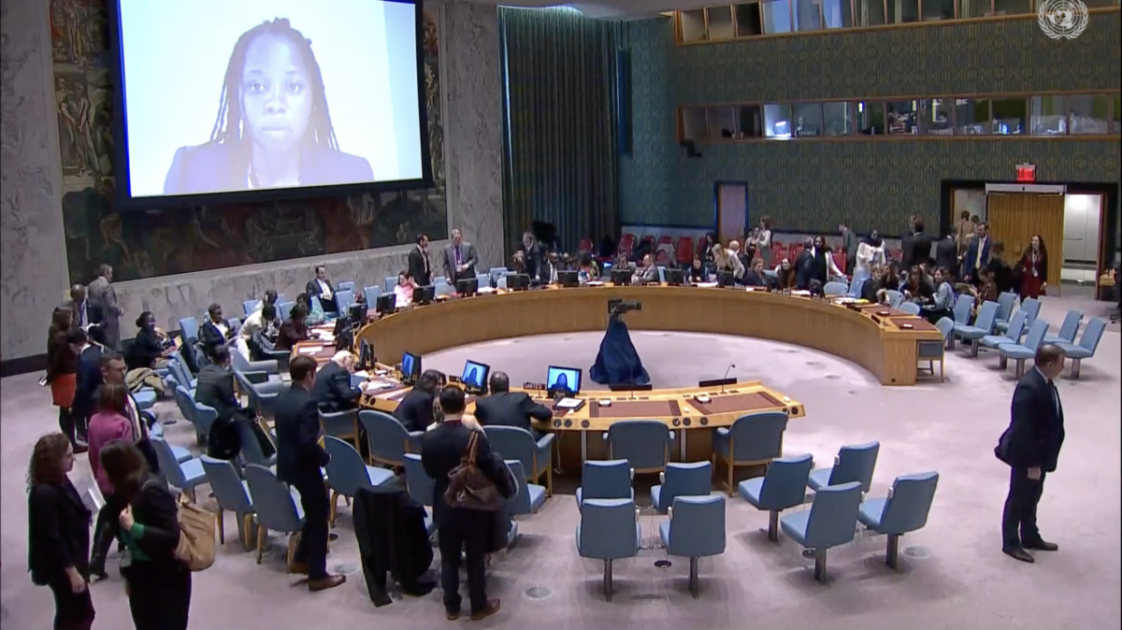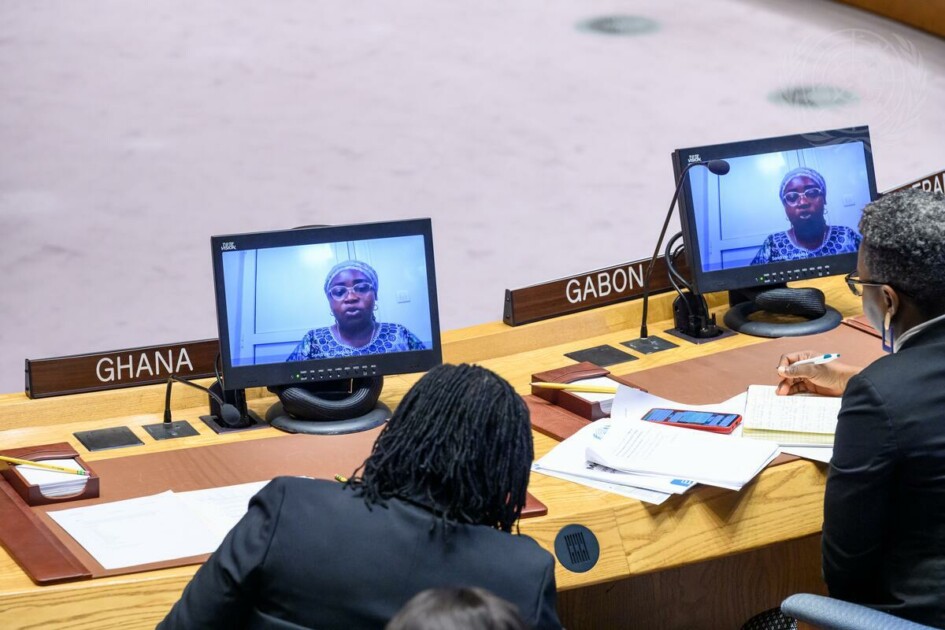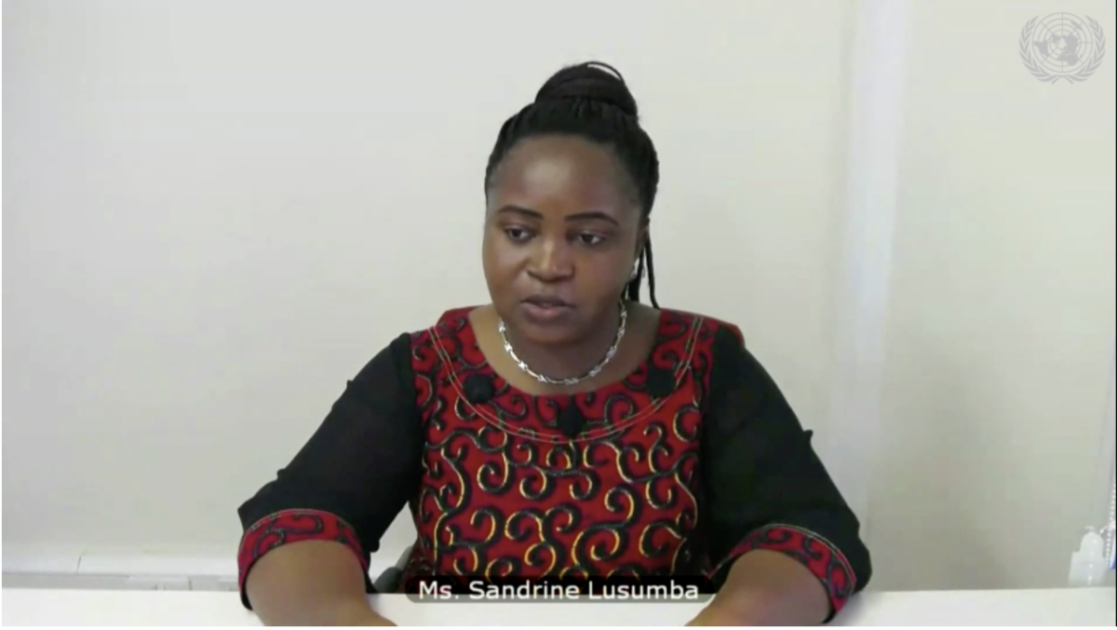Democratic Republic of the Congo
Women in the Democratic Republic of Congo continue to face widespread sexual violence, disease, and displacement in conflict situations arising from clashes between dozens of armed groups. Often, sexual violence and rape are used as terror tactics and weapons of war, and despite the ratification of the Convention on the Elimination of All Forms of Discrimination against Women (CEDAW) and the Women’s Platform for the Peace, Security and Cooperation Framework, women are still largely underrepresented in peacebuilding efforts. Additionally, women activists face rape as a form of torture by government actors who disagree with their political activity. The United Nations Organization Stabilization Mission in the DRC (MONUSCO) aims to provide protection for civilians, including reducing the threat of armed groups perpetrating sexual and gender-based violence, monitoring and reporting on sexual violence and ensuring women’s participation in stabilization and national political dialogue.
Democratic Republic of the Congo
Women in the Democratic Republic of the Congo continue to face widespread sexual violence, disease, and displacement in conflict situations arising from clashes between dozens of armed groups. Often, sexual violence and rape are used as terror tactics and weapons of war, and despite the ratification of the Convention on the Elimination of All Forms of Discrimination against Women (CEDAW), and the Women’s Platform for the Peace, Security and Cooperation Framework, women are still largely underrepresented in peacebuilding efforts.
Additionally, women activists face rape as a form of torture by government actors who disagree with their political activity. The United Nations Organization Stabilization Mission in the DRC (MONUSCO) aims to provide protection for civilians, including reducing the threat of armed groups perpetrating sexual and gender-based violence, monitoring and reporting on sexual violence and ensuring women’s participation in stabilization and national political dialogue.
Current and Past Recommendations to the UN Security Council (Monthly Action Points)
The Security Council will be renewing the mandate for MONUSCO in March 2015. In this context, the Council, building on Resolution 2147 (2014), should:
- Reiterate that MONUSCO’s protection of civilians mandate includes protection from SGBV with the assistance of WPAs;
- Strengthen women’s participation in the PSC Framework, via the women’s platform, by incorporating it into an operative paragraph as opposed to a preambular paragraph;
- Include women in the election process as candidates and voters, in addition to civil society;
- Maintain and expand its strong language condemning SGBV by all armed groups and continue to insist that all peacekeeping personnel adhere to the zero-tolerance policy;
- Ensure women’s role in DDR and SSR is promoted and capacity is built to recruit and expand female participation in the police force and address the differentiated needs of women, girls, men and boys in DDR programs;
- Request more specific reporting on WPS with the aid of gender advisors (including concrete information on targeted attacks of any nature on women, including women human rights defenders and sex-disaggregated data, and efforts to consult with women’s human rights organizations and displaced women in all stabilization and peace consolidation efforts) and mainstream gender throughout MONUSCO’s operations; and
- Commit to ending impunity for SGBV crimes and ensure that WPAs only investigate cases of conflict-related sexual violence with the consent of survivors and only after they have had access to lifesaving health care services.
The Security Council will be renewing the mandate for MONUSCO in March 2015. In this context, the Council, building on Resolution 2147 (2014), should:
- Reiterate that MONUSCO’s protection of civilians mandate includes protection from SGBV with the assistance of WPAs;
- Strengthen women’s participation in the PSC Framework, via the women’s platform, by incorporating it into an operative paragraph as opposed to a preambular paragraph;
- Include women in the election process as candidates and voters, in addition to civil society;
- Maintain and expand its strong language condemning SGBV by all armed groups and continue to insist that all peacekeeping personnel adhere to the zero-tolerance policy;
- Ensure women’s role in DDR and SSR is promoted and capacity is built to recruit and expand female participation in the police force and address the differentiated needs of women, girls, men and boys in DDR programs;
- Request more specific reporting on WPS with the aid of gender advisors (including concrete information on targeted attacks of any nature on women, including women human rights defenders and sex-disaggregated data, and efforts to consult with women’s human rights organizations and displaced women in all stabilization and peace consolidation efforts) and mainstream gender throughout MONUSCO’s operations; and
- Commit to ending impunity for SGBV crimes and ensure that WPAs only investigate cases of conflict-related sexual violence with the consent of survivors and only after they have had access to lifesaving health care services.
Relevant Resources









